A meta-analysis of 48 Cameroonian studies (1998 – 2020) covering 18,706 single-nucleotide polymorphisms in 47,382 Plasmodium falciparum samples shows that, while most key resistance mutations (Pfcrt 76T, Pfmdr1 86Y, Pfdhfr 51I/59R/108N) have declined sharply since the shift to artemisinin-based combinations, the sulfadoxine-pyrimethamine marker Pfdhps 437G and the Pfcrt CVIET quintuple haplotype have risen, leaving an overall pooled resistance prevalence of 35.4 %, and indicating persistent evolutionary pressure on antimalarial efficacy in Cameroon.
Une méta-analyse de 48 études camerounaises (1998 – 2020) portant sur 18 706 polymorphismes mononucléotidiques dans 47 382 échantillons de Plasmodium falciparum montre que, si la plupart des mutations clés de résistance (Pfcrt 76T, Pfmdr1 86Y, Pfdhfr 51I/59R/108N) ont fortement diminué depuis le passage aux combinaisons à base d’artémisinine, le marqueur sulfadoxine-pyriméthamine Pfdhps 437G et l’haplotype quintuple Pfcrt CVIET ont augmenté, laissant une prévalence globale de résistance groupée de 35,4 %, et indiquant une pression évolutive persistante sur l’efficacité antipaludique au Cameroun.
Share with my friend :




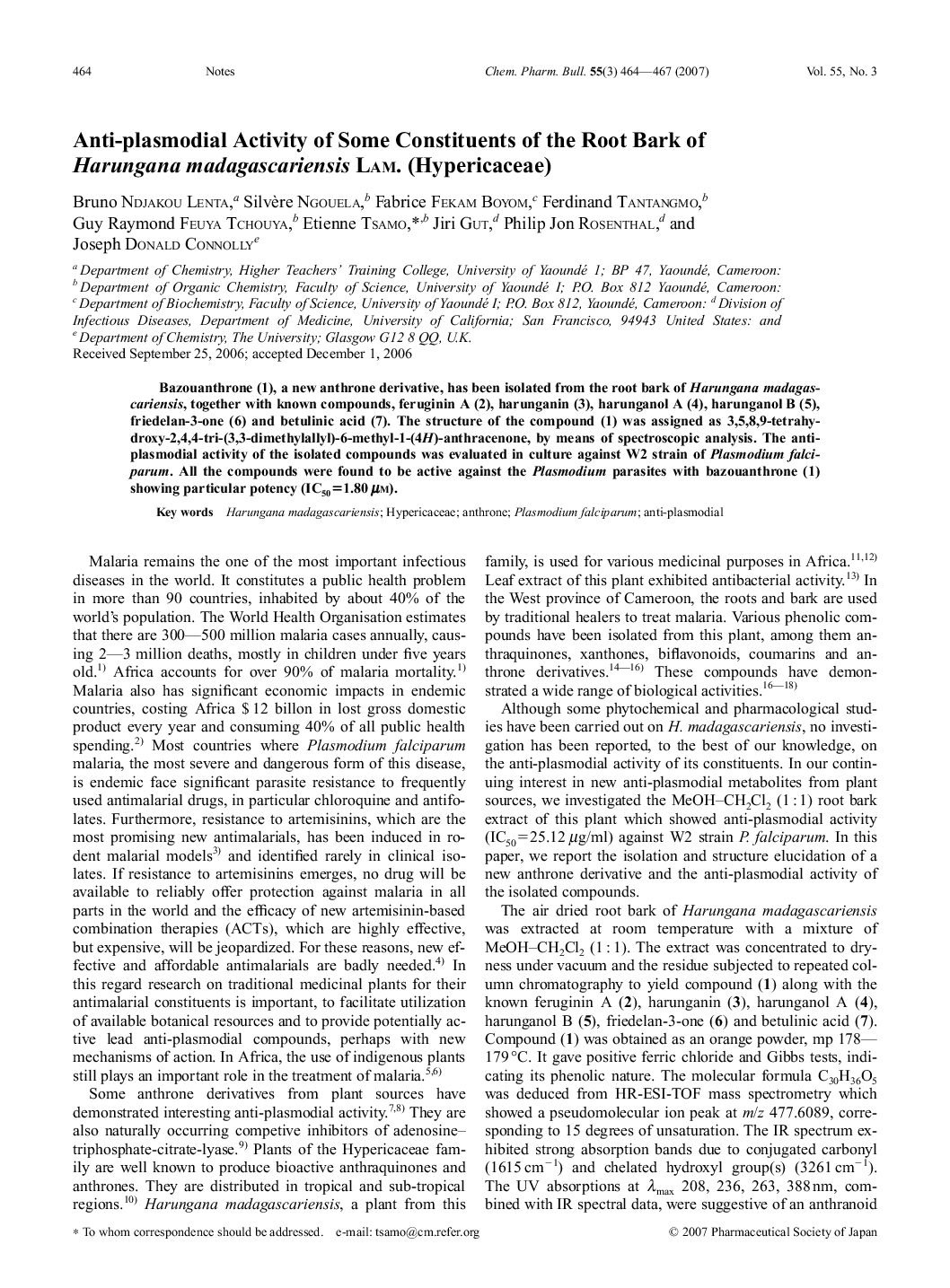
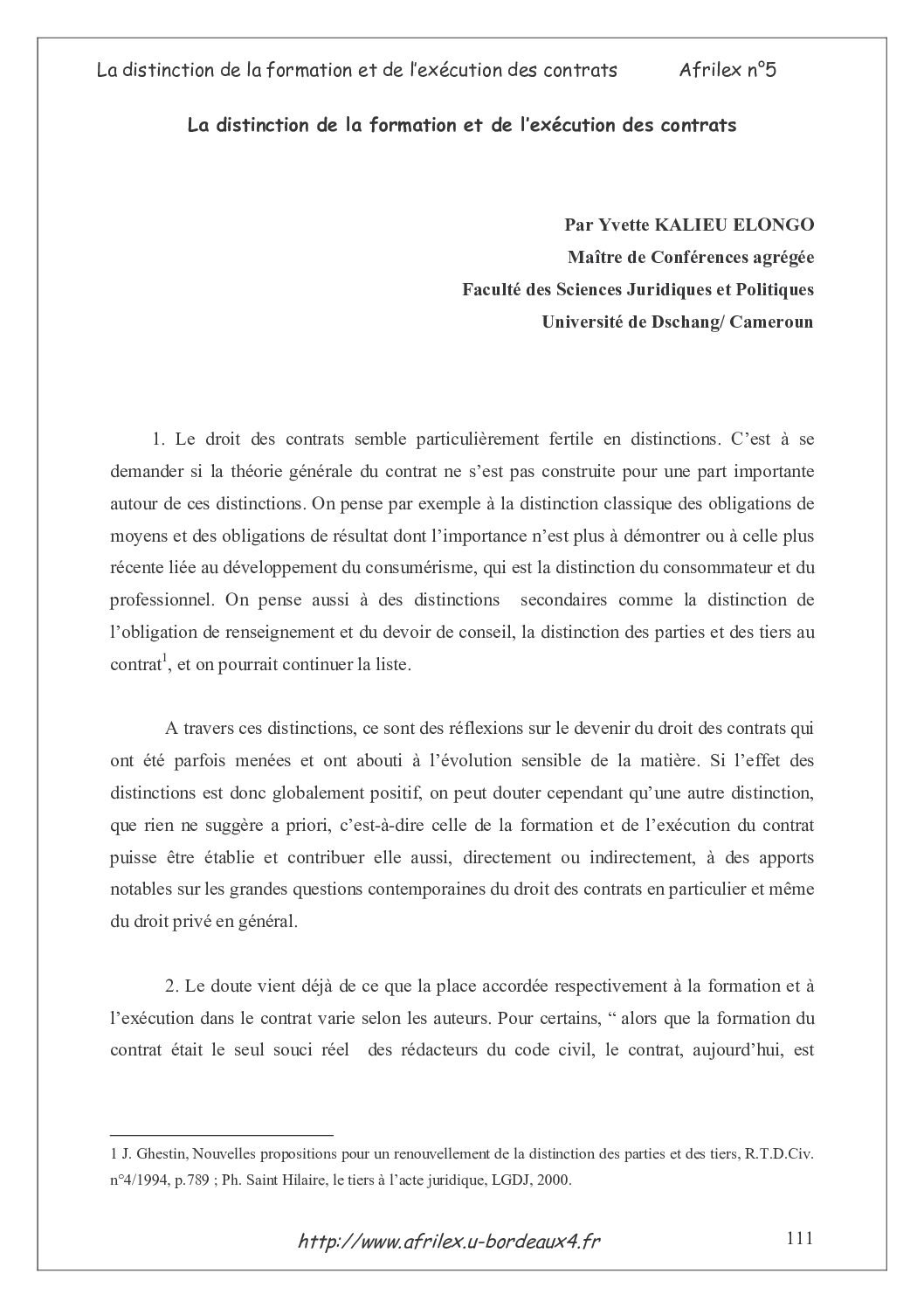

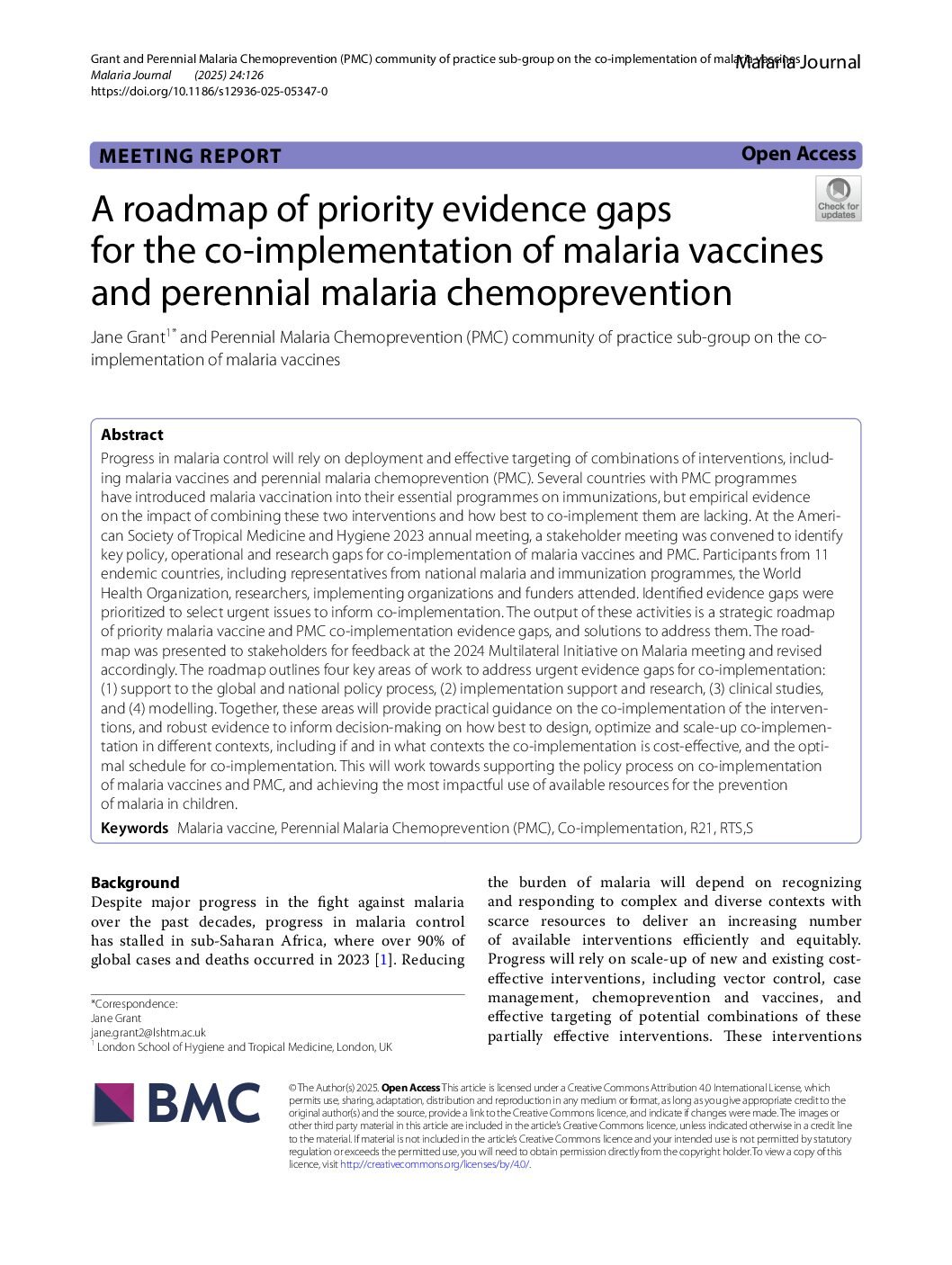

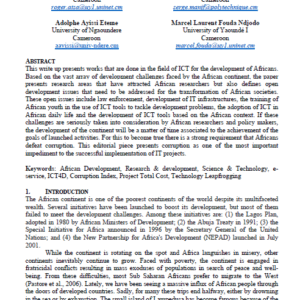
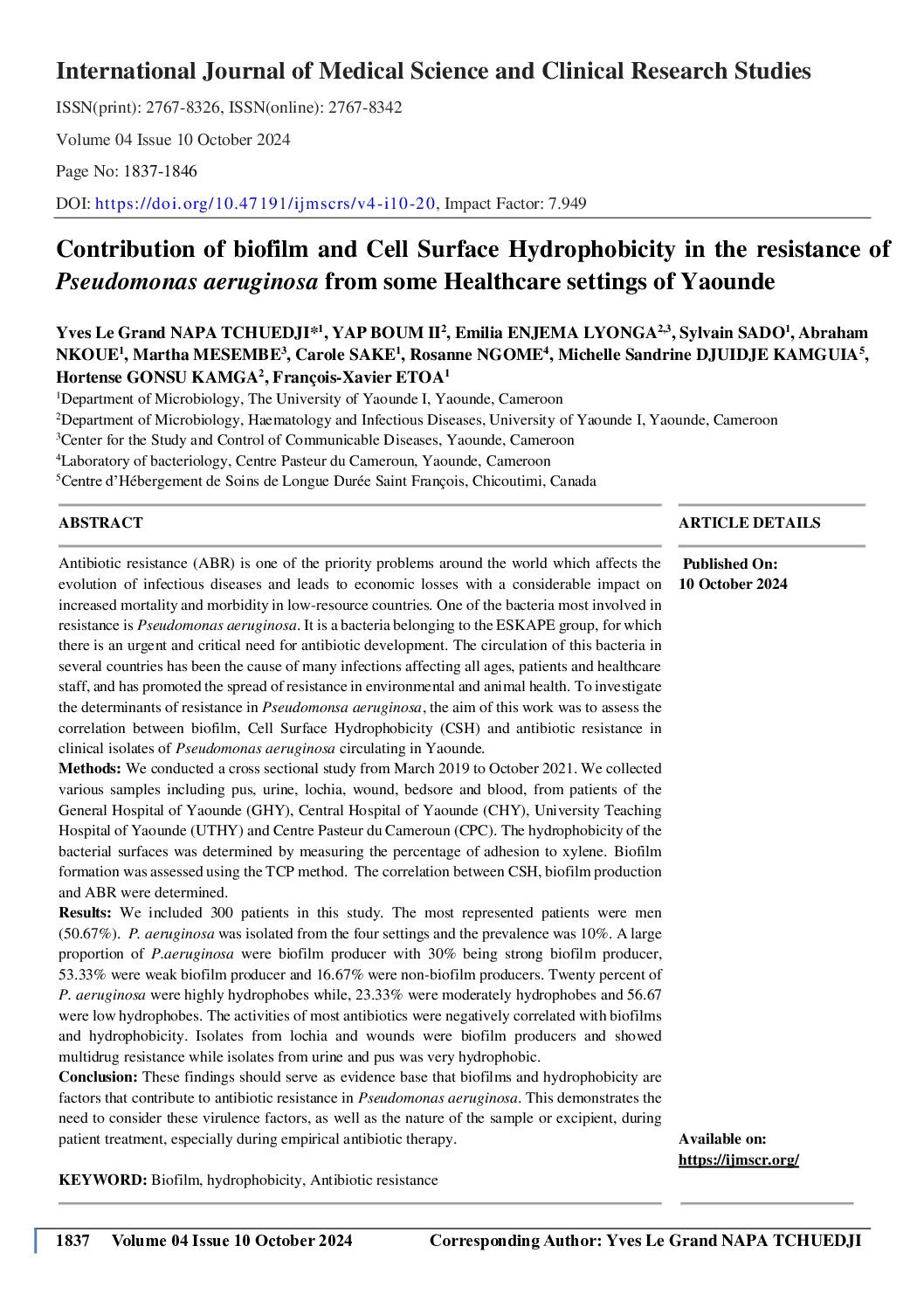
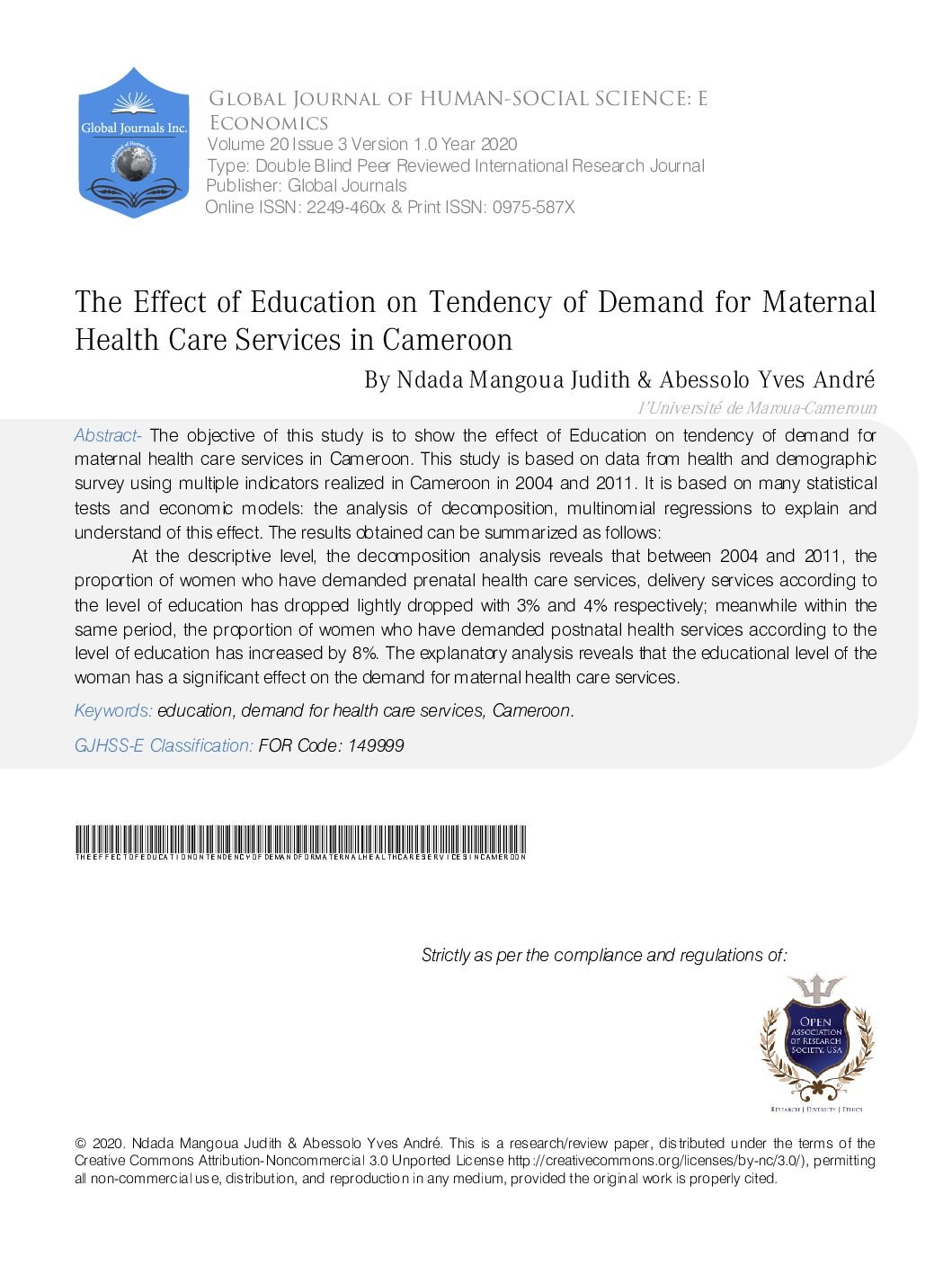
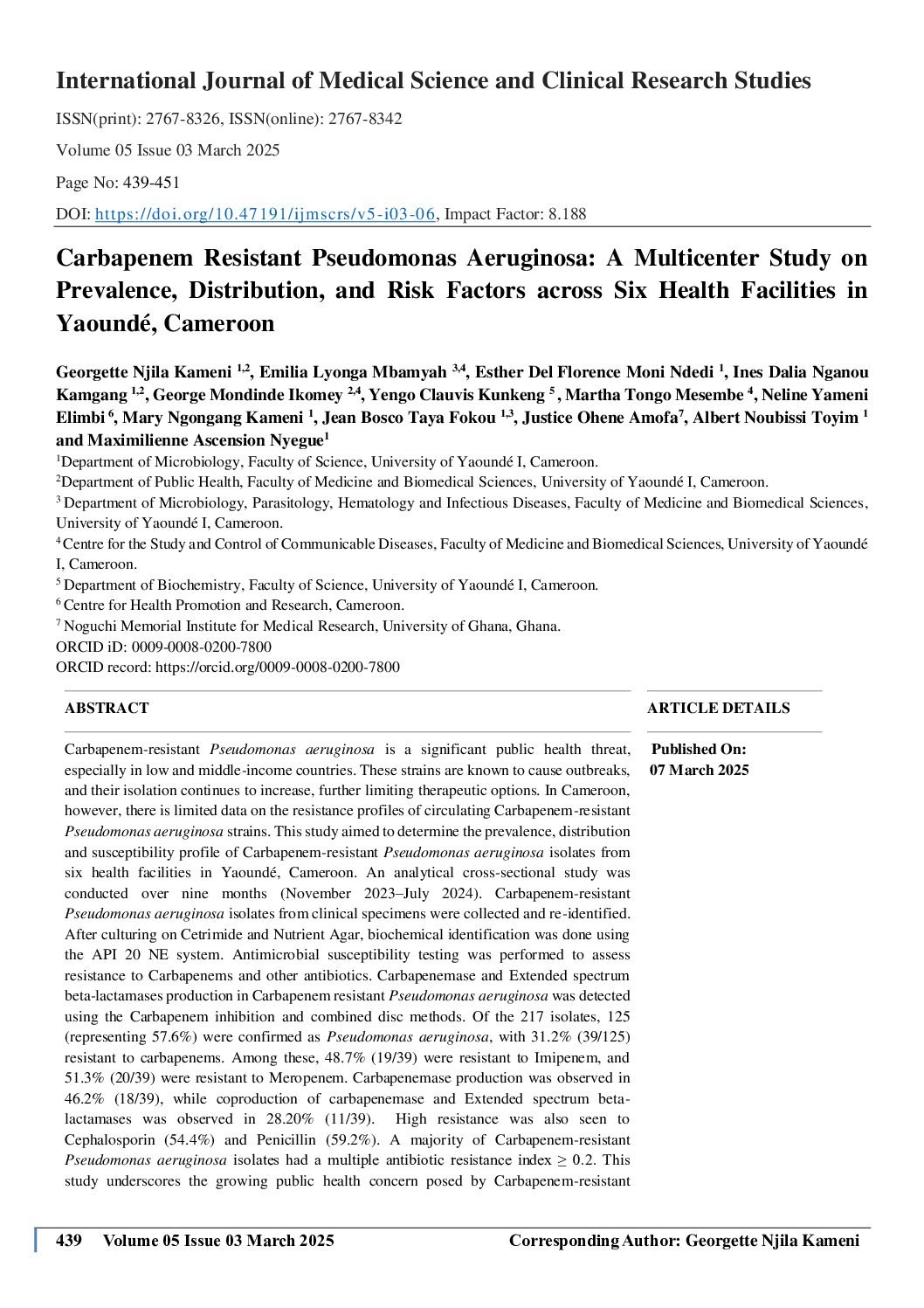
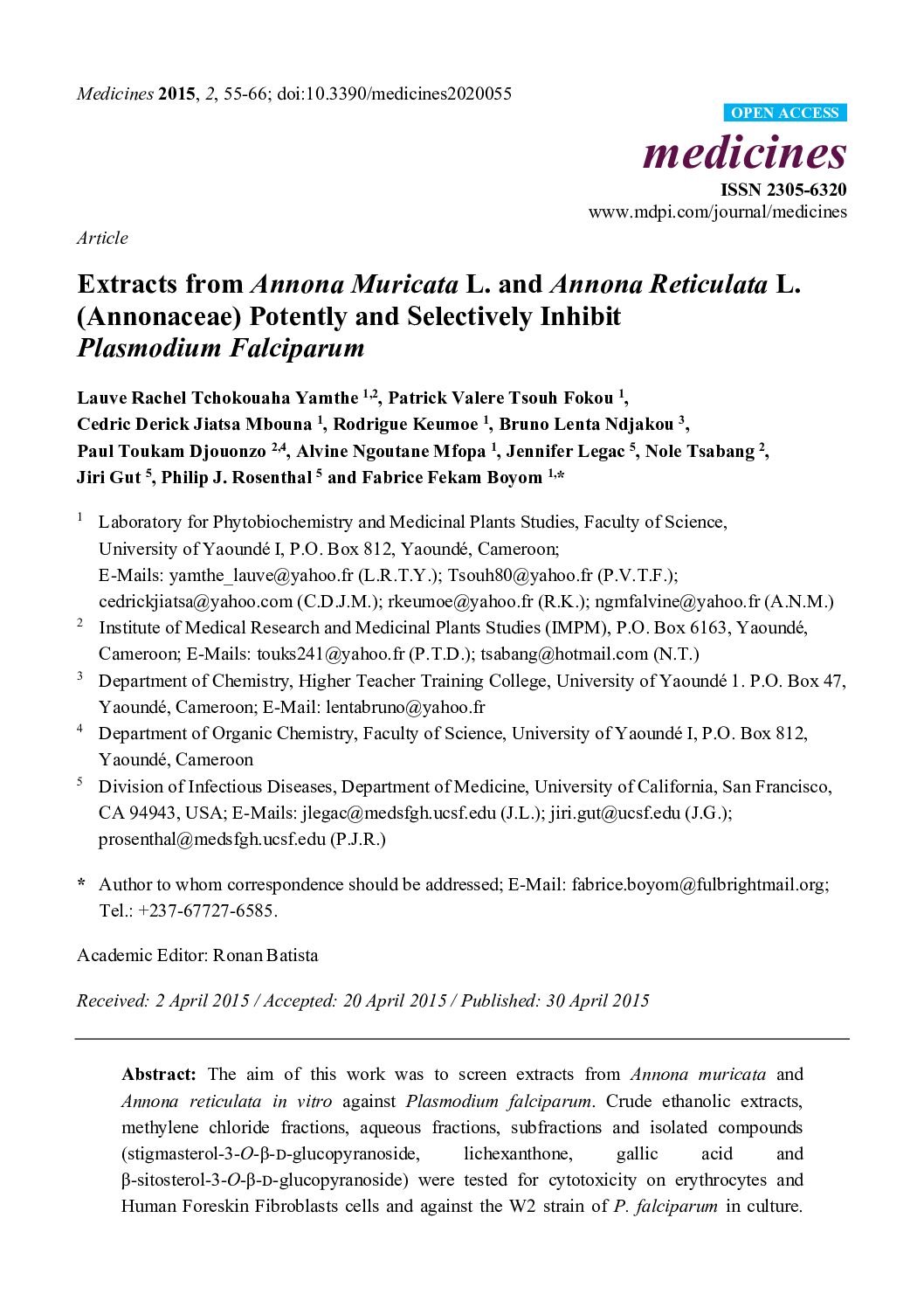
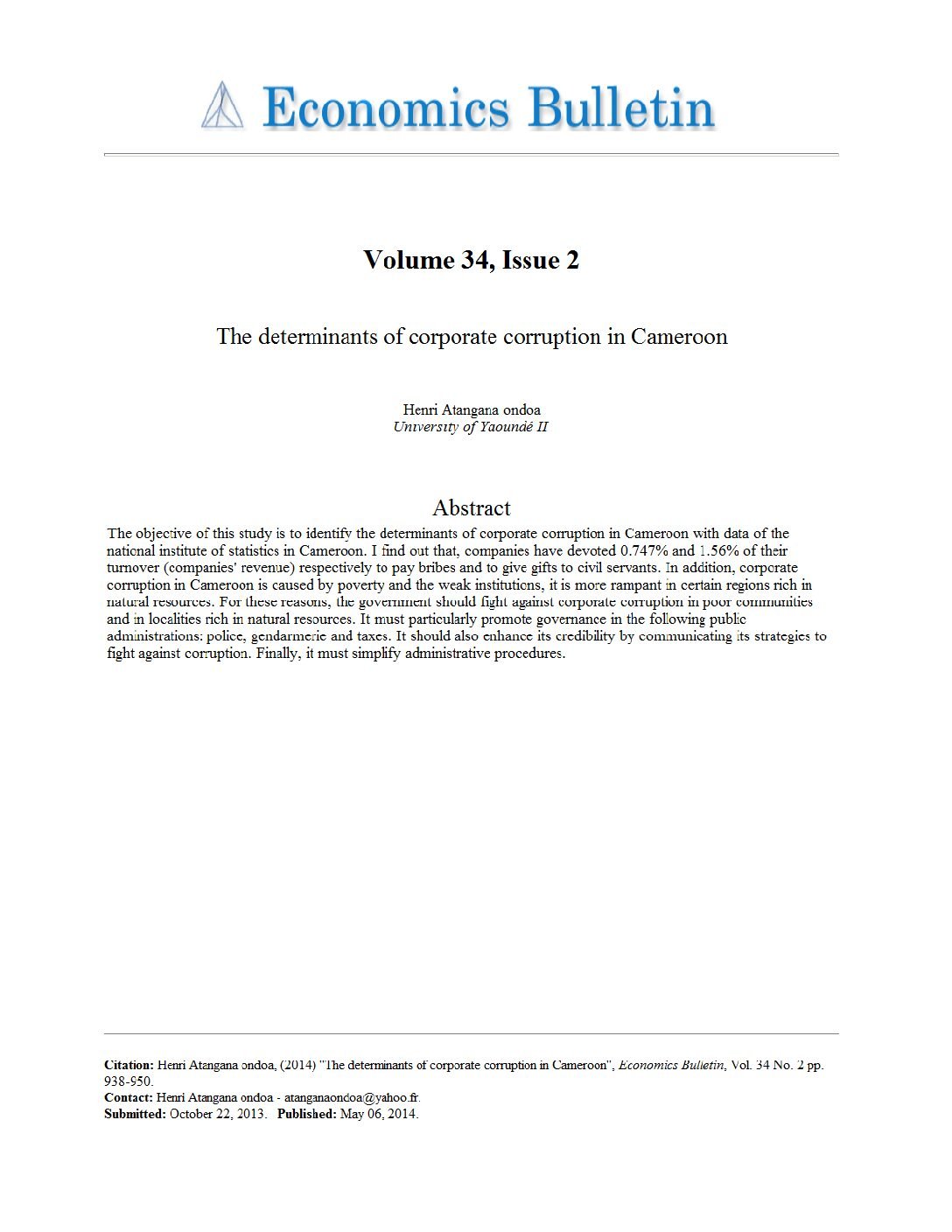
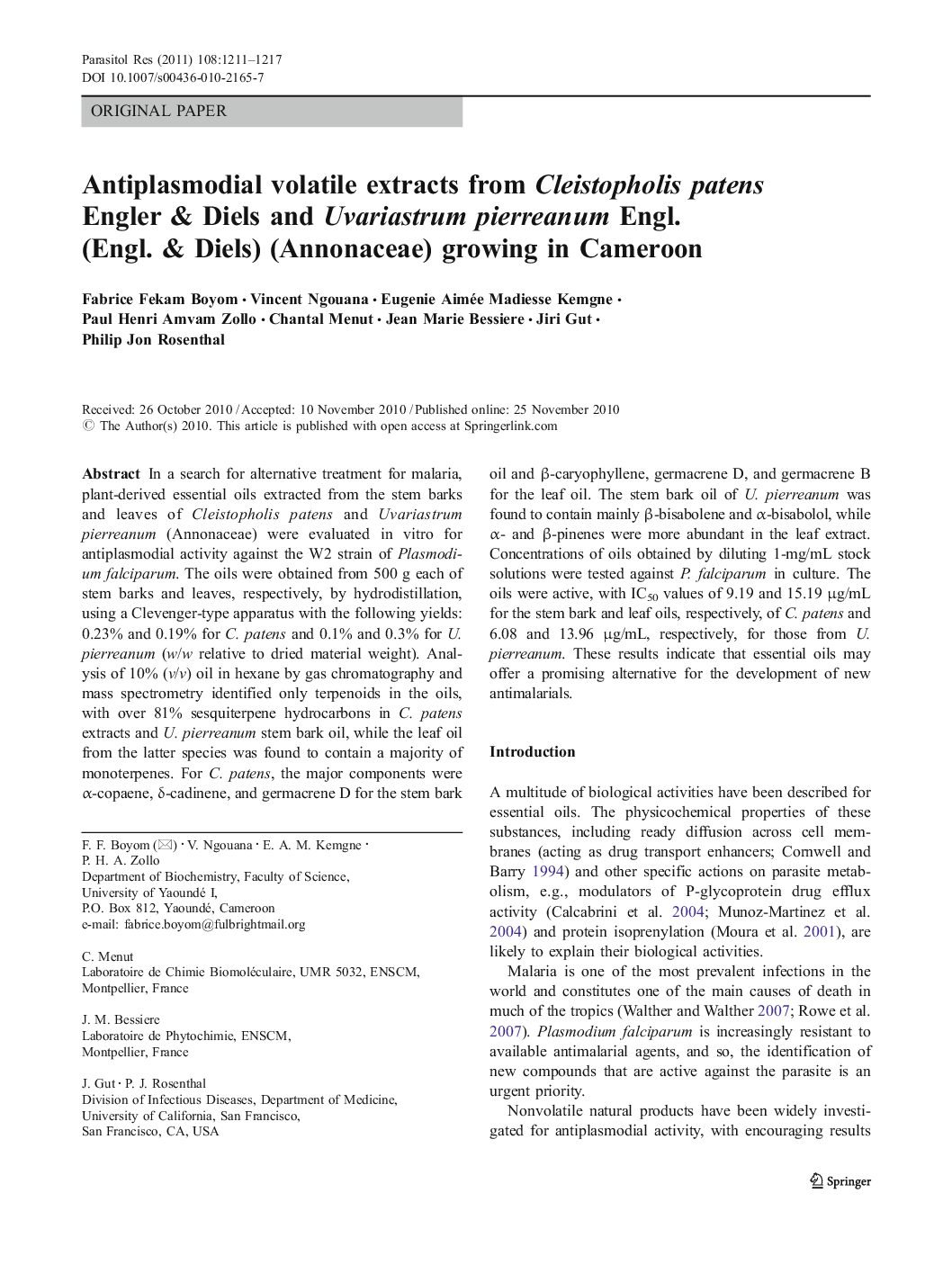


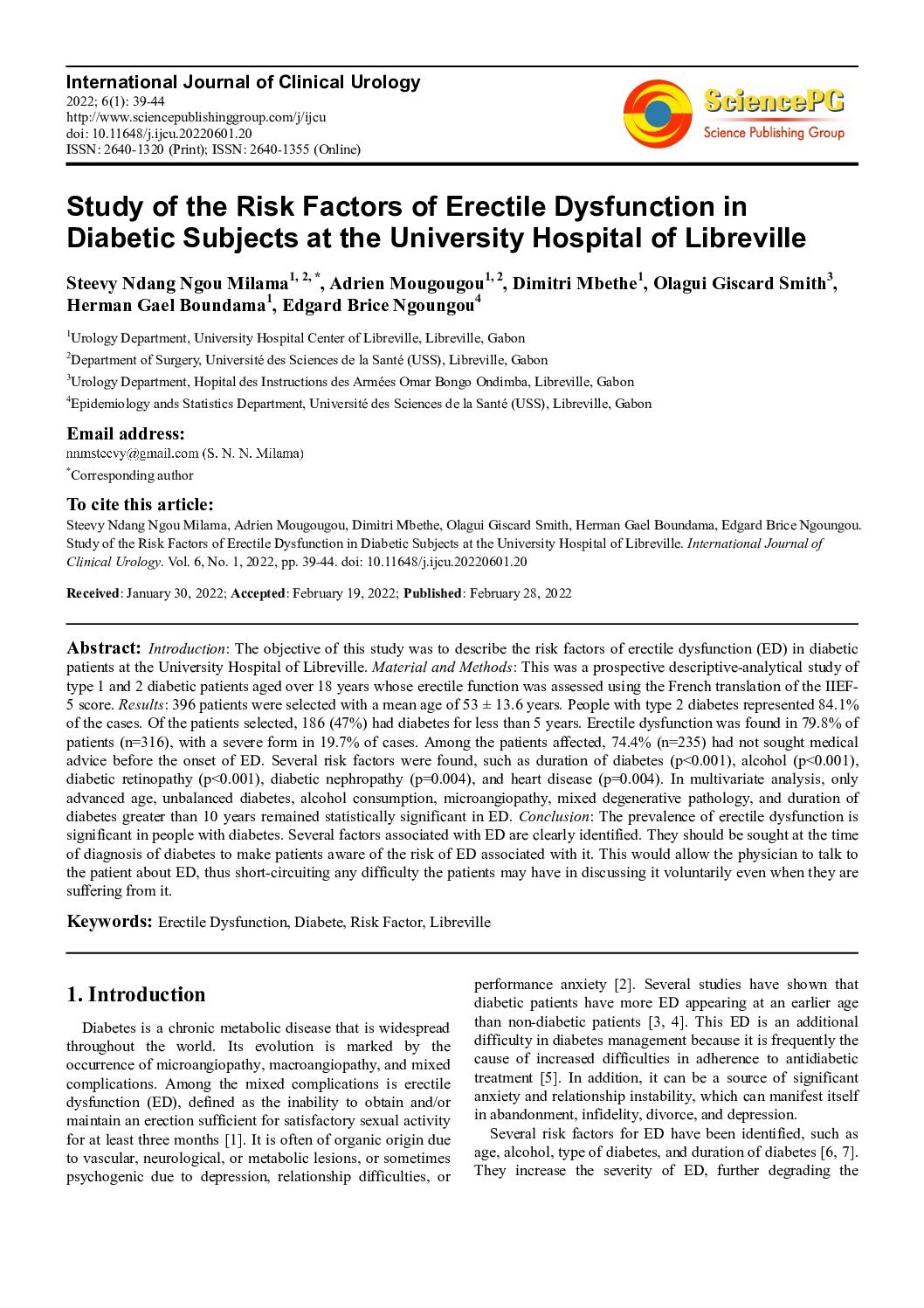
Avis
Il n’y a pas encore d’avis.